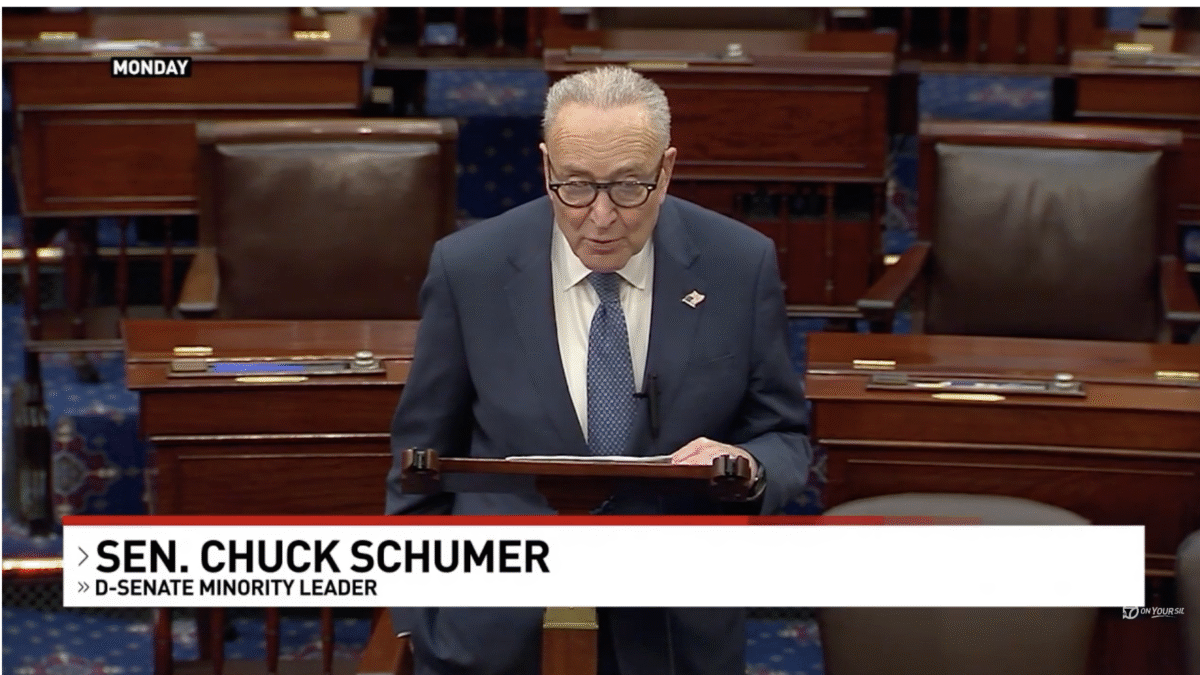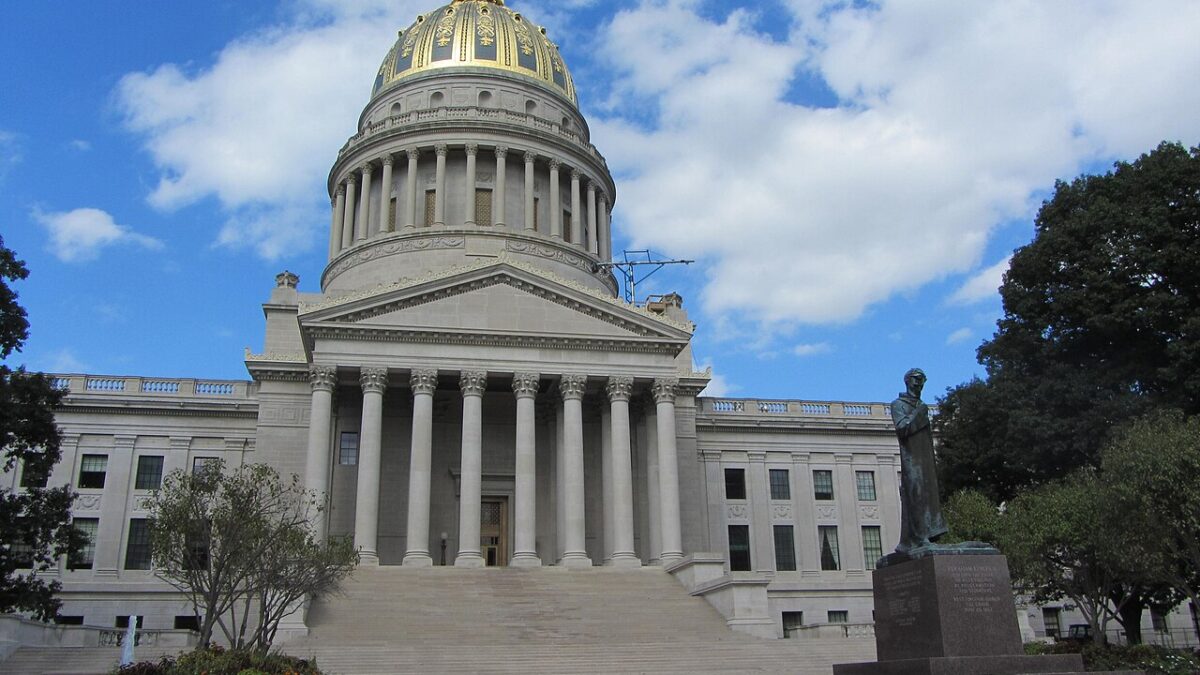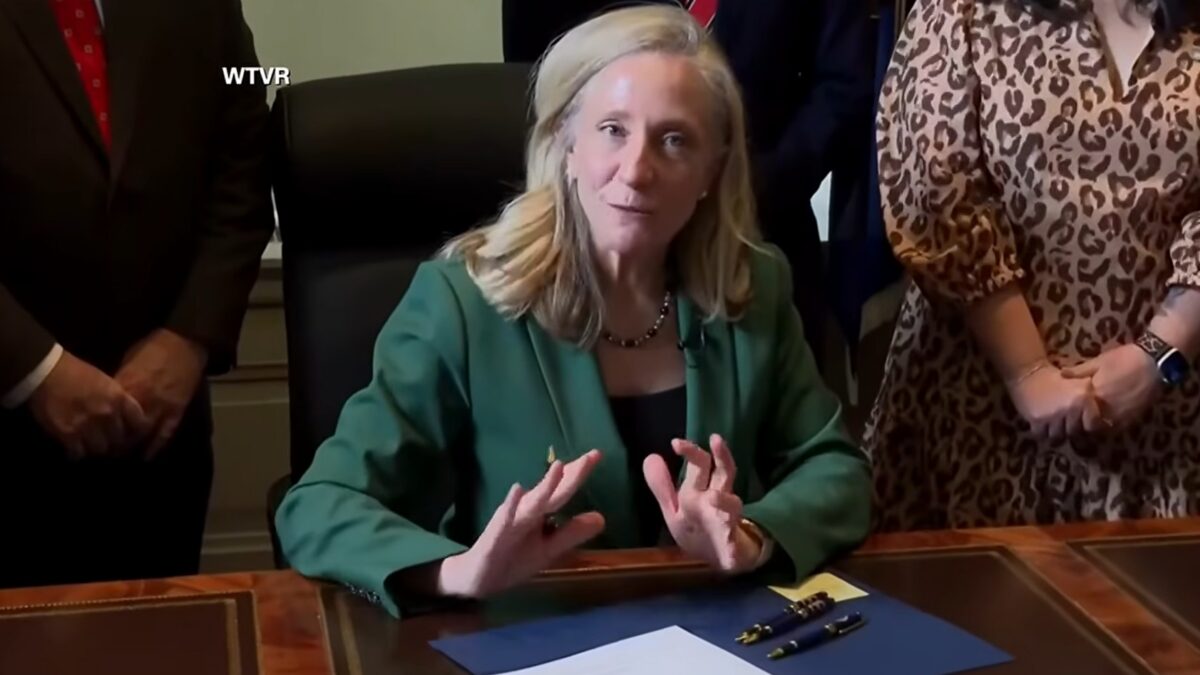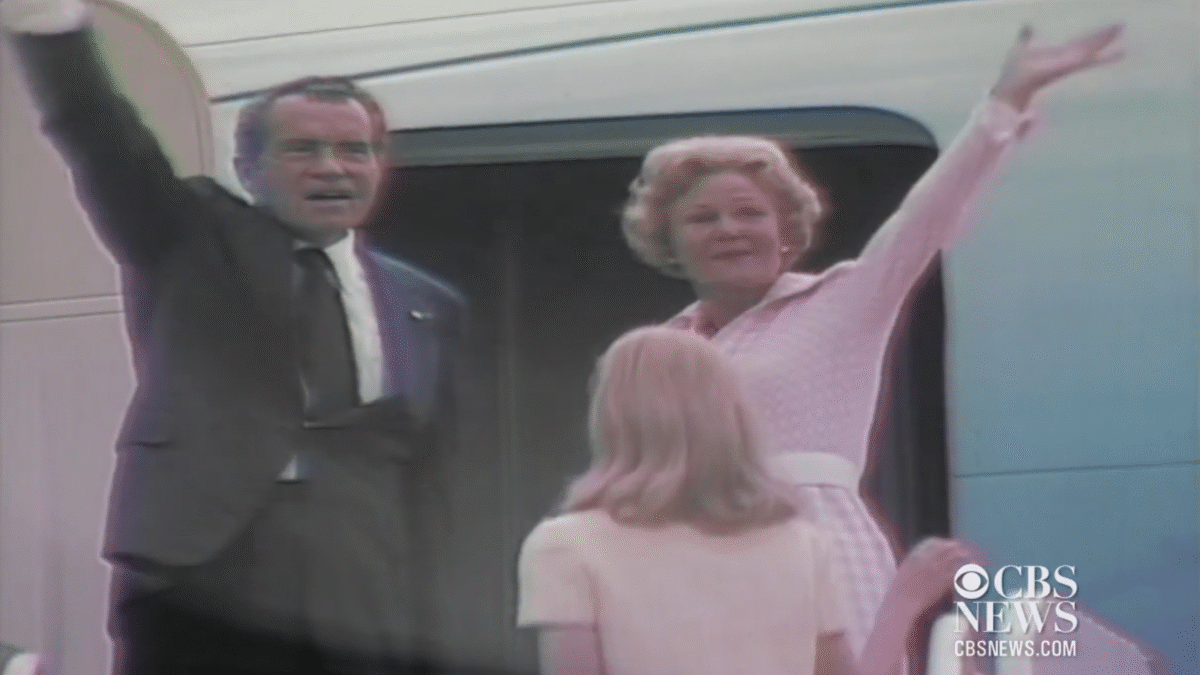
“Are you now, or have you ever been, a supporter of Donald J. Trump?” It would be ominous if witnesses in congressional hearings had to endure this type of McCarthyite interrogation. But what do you call it when sportswriters demand that a professional athlete answer the same question?
New England Patriots quarterback Tom Brady, for example, calls himself a “good friend” of the new president. Consequently, the football star faced journalists’ demands to “publicly disavow Trump’s actions,” as one USA Today columnist wrote. Brady, not wanting to detract from his team’s Super Bowl preparations, responded by claiming his “right to stay out of it.” But several commenters made clear that the court of public opinion honors neither the right to privacy nor one against self-incrimination. Not in the Age of Trump.
As in sports, so also in show business. Actress Nicole Kidman found it necessary to apologize for her anodyne post-election statement that “we as a country need to support whoever is president.” After he asked Trump the kind of superficial questions guests have faced for 62 years on NBC’s “Tonight Show,” critics denounced host Jimmy Fallon for aiding and abetting Trump’s election. “Now,” Slate warned, “even if celebrities [want] to opt out of the current moment, they can’t…. Doing nothing is doing something. Silence either signifies ‘I’m for Trump’ or ‘I’m for myself.’”
Say It Together: This Is How We Got Trump
A major theme of Trump’s campaign was opposition to political correctness. That stance appealed to many, who feared a campus affliction was becoming a national one, foretelling a future where Anytown, USA, might as well be Berkeley, California. When quarterbacks and comedians are sternly admonished that you’re for Trump unless you make it unmistakably clear that you’re against him, the central Trumpist axiom about the danger of political correctness is affirmed, not refuted.
Once it became clear on the morning of November 9, 2016, that Trump had won his unthinkable victory, the anchor of “The Young Turks” web broadcast declared, “We’re going to fight back. The era of politeness, for progressives, is over.” The self-styled “Resistance,” chanting “Not my president” since Election Day, justifies its words and actions by citing Trump’s transgressions and defects. His sins easily become his supporters’.
When New York Times columnist Nicholas Kristof urges his liberal readers to avoid harsh generalizations about Trump voters, they respond by telling him how committed they are to those negative judgments. They “hate” and “despise” all Trump supporters, the “worst of humanity,” every last “stupid and selfish” one a racist.
For every demonstration, campus riot, and awards-show sermon visited upon the republic because Trump won, another 10,000 members of the Resisted attain greater clarity about why. Even Americans with misgivings about Trump and his policies can agree with the European scholar who recently wrote, “There is a deeply anti-democratic undercurrent to much of the criticism of the new president, borne aloft by an assumption that democracy is too important to be left to the voters.”
This Isn’t Likely to End Well
It’s hard to see how all this ends, and really hard to see how it ends well. Everyone loves the poetry at the conclusion of Abraham Lincoln’s First Inaugural: how “we are not enemies, but friends” who will be held together by “the mystic chords of memory” and “better angels of our nature.” It’s less consoling to remember that Lincoln’s address was a rhetorical triumph but political failure. None of the seven Southern states that seceded from the Union between Lincoln’s election and inauguration reversed course after his speech, and four additional states joined the Confederacy in the following weeks.
The first and current Republican presidents are, safe to say, dissimilar in certain respects. Their electoral victories, however, caused each man’s most vehement opponents to conclude that such an outcome rendered doubtful the worth of preserving American unity and respecting democratic processes. Southerners embraced the logic, though not the slogan, of “Not My President” when Lincoln’s election showed that the North had the votes and, increasingly, the inclination to settle the slavery question on terms other than the South’s maximum demands.
Lincoln began his presidency by imploring all his countrymen to “think calmly and well.” That’s good advice in general but is, unfortunately, advice most likely to be delivered in situations where it’s least likely to be heeded. We’ll learn things about the people we are and the times we live in over the next four years. Whether we’ll like what we learn is a different question.
This essay was adapted from the Spring issue of the Claremont Review of Books.








